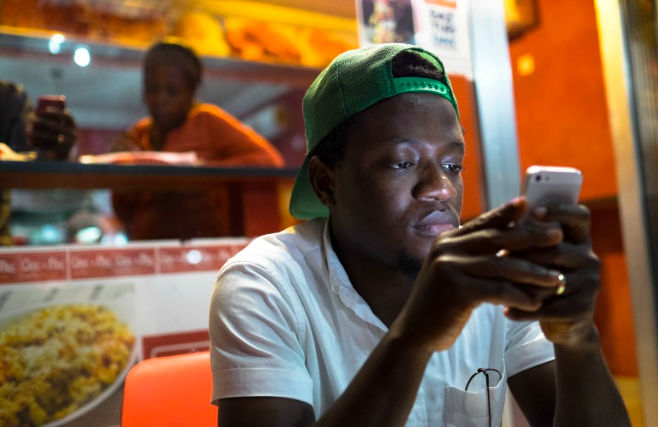The advent of mobile phones has brought significant changes to the socio-economic landscape in Africa. The adoption of mobile phones has enabled people to communicate and conduct business more efficiently, thus transforming the way people live and work in the continent. In this essay, we will explore the impact of mobile phones on socio-economic life in Africa.
The proliferation of mobile phones in Africa has been tremendous in the last two decades. According to the GSMA Intelligence report, there were over 456 million unique mobile subscribers in Sub-Saharan Africa in 2020. The report also shows that mobile penetration in Africa has increased from 11% in 2000 to 45% in 2010, and over 80% in 2020. This growth has been fueled by the emergence of affordable smartphones, the expansion of mobile networks, and the development of mobile-based services.
One of the most significant impacts of mobile phones on Africa’s socio-economic life is in the area of communication. Mobile phones have enabled people to communicate with each other in ways that were not possible before. Before the advent of mobile phones, people had to rely on letters or landlines to communicate, which was often unreliable and expensive. Mobile phones have made it easier for people to stay in touch with friends, family, and business associates, no matter where they are in the continent.
Mobile phones have also revolutionized the banking sector in Africa. In many parts of the continent, traditional banking services are limited or non-existent. However, mobile banking services have become widespread, enabling people to access financial services using their phones. Mobile money services like M-PESA, developed by Safaricom in Kenya, have transformed the way people in Africa transact. According to the World Bank, over 43% of adults in Sub-Saharan Africa have a mobile money account, compared to just 2% in 2011. Mobile money has enabled people to send and receive money, pay bills, and even access loans, without the need for a bank account.
Mobile phones have also impacted the education sector in Africa. Mobile phones have become a critical tool for distance learning, enabling students to access educational materials and interact with their teachers remotely. Mobile phones have also enabled students to access online courses and resources, which were previously inaccessible. This has expanded the reach of education and made it possible for more people in Africa to access education, no matter their location.
The impact of mobile phones on healthcare in Africa has also been significant. Mobile phones have enabled healthcare workers to reach patients in remote areas, where traditional healthcare services are limited. Mobile phones have also been used to track disease outbreaks and deliver health information to people in need. Mobile phones have enabled patients to access telemedicine services, where they can consult with doctors remotely. This is similar to how telemedicine Arizona has enabled remote areas in the state to access telehealth services. This has expanded the reach of healthcare services in Africa and improved health outcomes for many people.
Mobile phones have also created new opportunities for entrepreneurship and economic growth in Africa. Mobile-based businesses like e-commerce, ride-hailing, and food delivery have emerged, creating new jobs and driving economic growth. Mobile phones have enabled entrepreneurs to reach new markets, expand their customer base, and conduct transactions more efficiently. Mobile phones have also enabled small-scale farmers to access market information and connect with buyers, enabling them to sell their produce at better prices.
However, the adoption of mobile phones in Africa has not been without its challenges. One of the major challenges is the lack of electricity and internet connectivity in many parts of the continent. Many people in Africa still lack access to electricity, and internet connectivity is limited in many rural areas. This has limited the adoption of mobile phones and mobile-based services in some parts of the continent.
Another challenge is the issue of affordability. While mobile phones have become more affordable in recent years, they are still beyond the reach of many people in Africa, especially those living in poverty.socio-economic life





























































